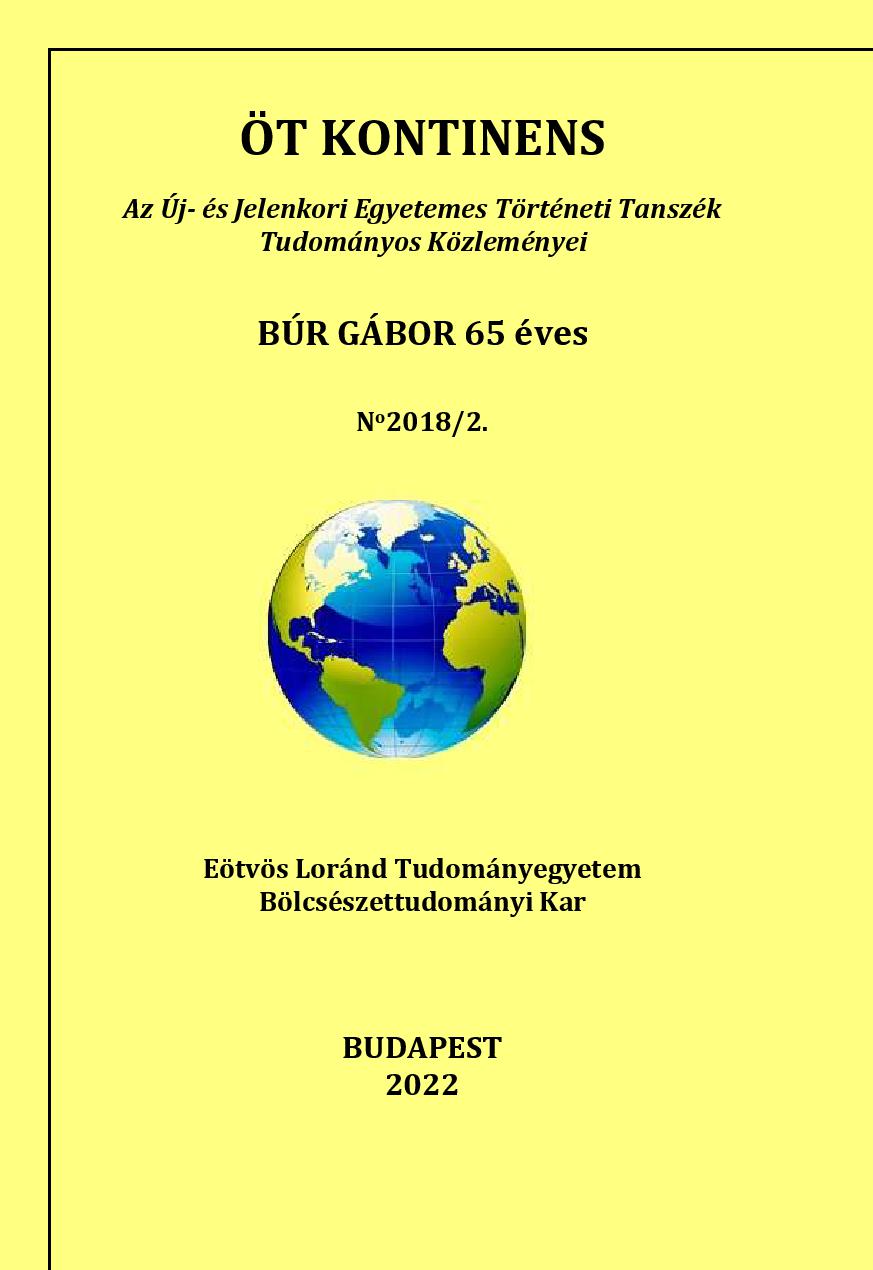A nyugati imperializmus hatásai az indiai és kínai történet-írásra: Rajendralal Mitra és Wei Yuan esete
The Impact of Western Imperialism on Indian and Chinese Historiography: the cases of Rajendralal Mitra and Wei Yuan
Author(s): Ádám RómaSubject(s): Cultural history, Comparative history, Ethnohistory, Political history, 18th Century, 19th Century, Pre-WW I & WW I (1900 -1919), Interwar Period (1920 - 1939), Post-War period (1950 - 1989), Geopolitics
Published by: Eötvös Loránd Tudományegyetem, Új-és Jelenkori Egyetemes Történeti Tanszék
Keywords: Imperialism; British India; Imperial China; Historiography; Rajendralal Mitra; Wei Yuan;
Summary/Abstract: The 19th century saw the expansion of the West – and most notably that of the British Empire – in Asia. The growing British presence in the Indian subcontinent through the East India Company culminated in the „Company Rule” from the eighteenth century onward, until the Crown took over its place in 1858. While the Indian subcontinent became the subject of direct colonial administration, the Qing Empire avoided the same fate. Nevertheless, the threat of colonization, especially after the First Opium War (1839–1842) and the „unequal treaties” left a profound impact on the Qing court and the Chinese literati. While the experience of the two regions was markedly different, the Western presence not only altered the history of these two civilizational behemoths, but also the contemporary notions of „history” in both cases. My aim is to compare the effect of this „Western presence” on the historiography of the two regions, through the life and scholarship of two historians, Rajendralal Mitra and Wei Yuan.
Journal: ÖT KONTINENS
- Issue Year: 2018
- Issue No: 2
- Page Range: 265-290
- Page Count: 26
- Language: Hungarian

